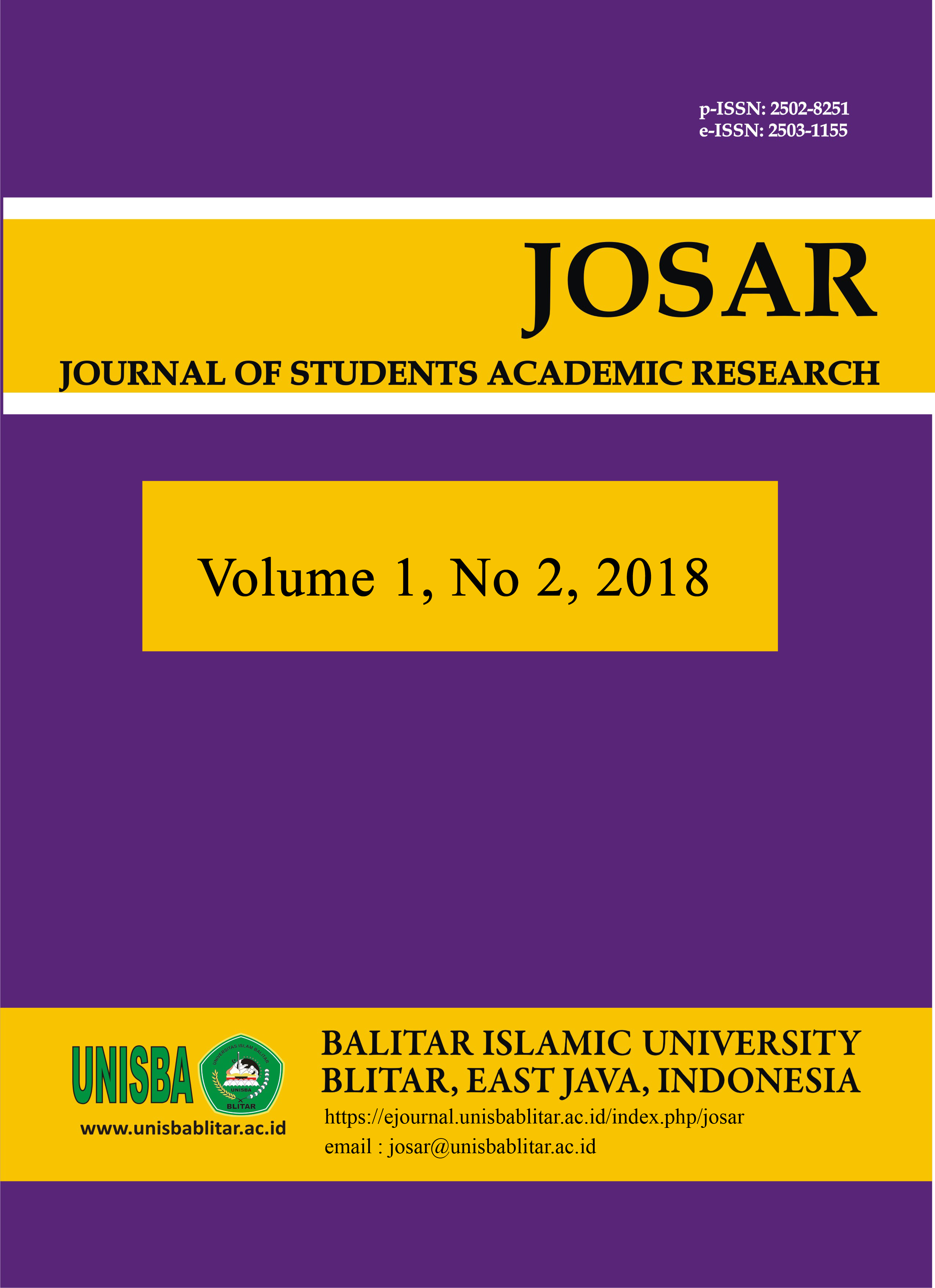UTILIZATION OF WEB AS AKSARA JAWA LEARNING MEDIA FOR ELEMENTARY SCHOOL STUDENTS
DOI:
https://doi.org/10.35457/josar.v1i02.628Keywords:
aksara jawa, learning media, webAbstract
This learning media application is designed to be able to help elementary school students in learning Aksara Jawa. This application is made web-based, so it can be used by all people. The purpose of making this application is to assist with the learning of Aksara Jawa with the subject matter of the aksara carakan with pasangan, aksara wilangan, aksara swara, tuladha page, and question page. It is expected that the presence of this learning media can help increase the students' interest in learning local content subjects, namely Regional Languages (Javanese). In addition to increasing interest, can contribute to the preservation of regional culture.
References
Nurjanah, E. W. (2014). The Effect of Manuwara Sampok Learning Strategy on Interests and Learning Outcomes of Javanese Scriptures in Class IV Students of SDN Sidomulyo Ampel Boyolali in 2013/2014.
Munir. (2012). Multimedia Concepts & Applications in Education. Bandung: Alfabeta.
Fatta, H. A. (2007). Analysis of Information System Design for Competitive Advantages of Companies & Modern Organizations. Yogyakarta: ANDI.

Downloads
Published
Issue
Section
License
Authors who publish in this journal agree to the following terms:
- Authors retain copyright and grant the journal right of first publication with the work simultaneously licensed under a Creative Commons Attribution License that allows others to share the work with an acknowledgment of the work's authorship and initial publication in this journal.
- Authors are able to enter into separate, additional contractual arrangements for the non-exclusive distribution of the journal's published version of the work (e.g., post it to an institutional repository or publish it in a book), with an acknowledgment of its initial publication in this journal.
- Authors are permitted and encouraged to post their work online (e.g., in institutional repositories or on their website) prior to and during the submission process, as it can lead to productive exchanges, as well as earlier and greater citation of published work (See The Effect of Open Access).
Deprecated: json_decode(): Passing null to parameter #1 ($json) of type string is deprecated in /home/ejournal.unisbablitar.ac.id/public_html/plugins/generic/citations/CitationsPlugin.php on line 68









